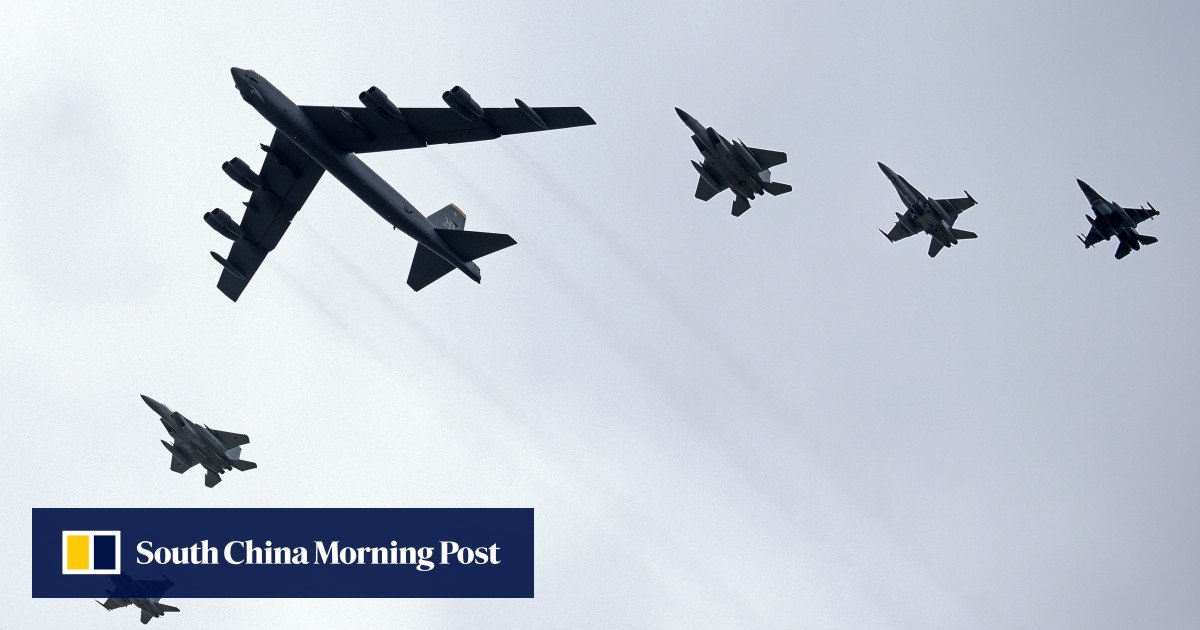NT’s Pine Gap facility could play role in accidental nuclear exchange between US and China as tension rise

HEIGHTENED US-China tensions have increased the risk of an accidental nuclear exchange between the two superpowers — and whether or not the Northern Territory’s Pine Gap surveillance base is playing a role in hyping this up needs to be looked at.
Though the current US-China tensions has fewer nuclear risks than the Cold War-era US-Soviet relationship, the standing dynamics shouldn’t be ignored, according to new a research paper from the United States Studies Centre, based out of the University of Sydney.
As the US and China entered into a period of “intense strategic competition” the risk of accidental nuclear warfare between the two had grown.
Warning Australian politicians to be attentive, Dr Cunningham said Canberra needed to determine whether the country was inadvertently contributing to heightening nuclear risks through joint intelligence facilities on Australian soil.
This includes the Northern Territory’s Pine Gap, a joint US-Australia run station about 18 km out of Alice Springs which houses a US satellite surveillance base and Australian Earth station, and set up in the late 60s in the throes of the Cold War.




